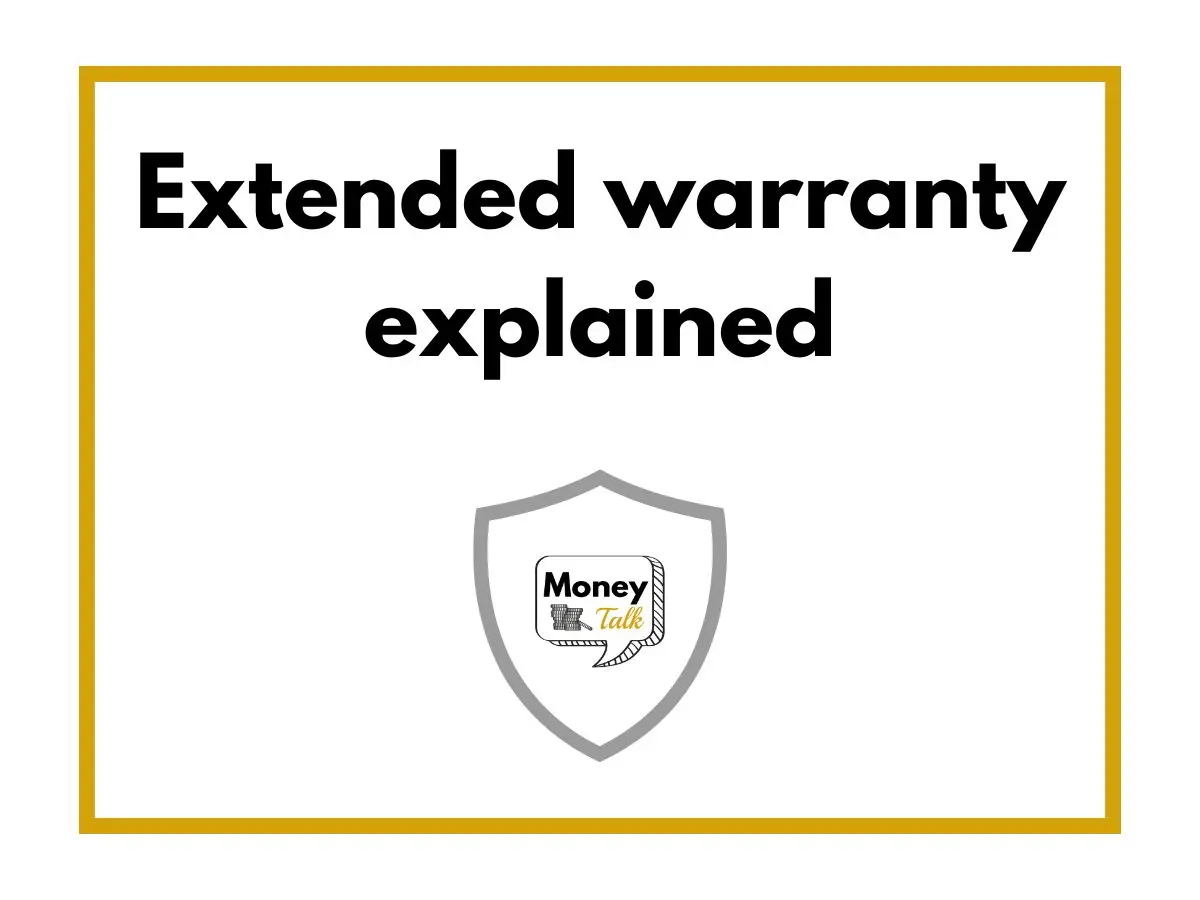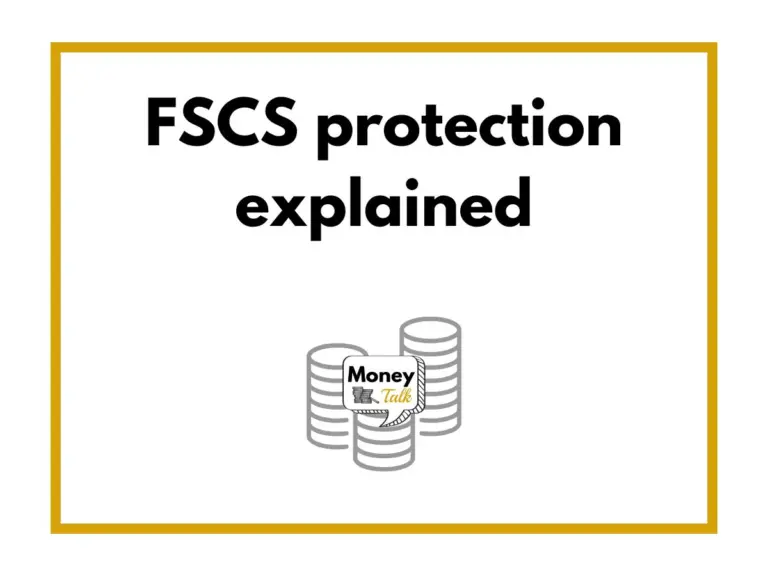Do you really need extended warranty?
Money Talk is intended to inform and educate; it's not financial advice. Affiliate links, including from Amazon, are used to help fund the site. If you make a purchase via a link marked with an *, Money Talk might receive a commission at no cost to you. Find out more here.
Whether it’s a big appliance or an expensive gadget, one of two things will invariably happen the moment the manufacturer’s guarantee or warranty expires.
Either your purchase will abruptly stop working just out of cover, or it’ll keep going for years as a trusty workhorse.
Unfortunately there’s no way of knowing which one it’s going to be, which makes the extended warranty offered by retailers all the more tempting.
But is an extended warranty worth it? Or are you paying for something that you don’t need?
Warranty vs guarantee: what’s the difference?
It’s worth taking a moment here to distinguish between a guarantee and a warranty since different manufacturers will offer different protection.
A manufacturer’s guarantee is a promise of quality, and it’s usually free at both the point of purchase and when you need to use it.
It also covers the whole product rather than just a part of it.
A manufacturer’s warranty is also usually free at the point of purchase, but you may be expected to pay for certain things, like a call out charge for repairs.
The coverage offered may not be as comprehensive either.
The warranty may only cover the repair and replacement of certain parts, for example, and not of the entire product.
So when you purchase a product, it’s worth double checking the terms and conditions.
It’s also worth bearing in mind that not all manufacturers offer a guarantee or warranty because there is no legal requirement to do so.
And this is where an extended warranty might come in handy – it covers the cost of repairs and replacements when a manufacturer does not have a guarantee or warranty policy in place.
What is an extended warranty?
An extended warranty is a type of insurance product that protects you if an item you buy breaks down.
Unlike the manufacturer’s guarantee or warranty, which generally lasts for one or two years, an extended warranty will cover repairs and/or replacements for three to five years, and sometimes even longer.
Retailers usually offer extended warranty as an added extra at the checkout, but it can also be purchased separately to the item you want to cover.
The fee you pay is a fraction of the cost of your purchase or the repair, but it can vary enormously depending on what you’re buying, how much you paid, what the manufacturer’s guarantee or warranty includes and how long you want the cover for.
Like any other insurance product, the level of cover will differ and may include stipulations around what you can claim for and when you can make a claim.
When should you get an extended warranty?
As alluded to earlier, an extended warranty can cover you when your product doesn’t come with a manufacturer’s guarantee or warranty, or after those safety nets come to an end.
But there are certain situations where an extended warranty might be worth it.
For expensive appliances that would be costly to repair or replace, an extended warranty could save you money in the long run.
You might also want to purchase the cover if you would find it difficult to come up with a lump sum to pay for the repairs.
And then there’s peace of mind; that is, knowing any repairs will be handled without the hassle of a back and forth with the retailer or manufacturer.
Don’t forget your legal rights
Even if your product doesn’t come with a manufacturer’s guarantee or warranty, you still have certain legal rights.
Under the Consumer Rights Act 2015, any item you buy should be of satisfactory quality, fit for purpose, and last a “reasonable” length of time.
The law is a bit vague with respect to the exact length of time.
In general though, if the item you buy becomes faulty within six months of purchase, the retailer or manufacturer must repair or replace the item.
After six months, you’ll need to prove that the item was faulty at the point of purchase – but you can make a claim up to six years after the purchase (or five in Scotland).
If you purchased the item using a credit card, and it cost more than £100, you may also be protected under Section 75 of the Consumer Credit Act.
This can help you recoup your losses under certain circumstances. For example, if the retailer refuses to refund you or even respond to you, or if they’ve gone bust since your purchase.
If you think those legal protections are enough then an extended warranty probably wouldn’t be worth it.
It’s also not worth buying an extended warranty if the item is fairly low value and easily replaceable, or is cheap and easy to repair.
Read more: Consumer Rights Act 2015 and your right to a refund
Before you buy an extended warranty
Aside from costs, there are a few other things you should consider before buying an extended warranty.
For example, does the policy cover both parts and labour for any repairs?
Are there any exclusions that aren’t covered by the warranty, such as accidental damage or wear and tear?
How long would the repair take?
And what happens if the warranty provider goes out of business?
Finally, do make sure you compare deals.
The extended warranty offered by retailers aren’t always the cheapest, and independent insurers or multi-appliance cover may offer better value.
In fact, you can compare different extended warranty products on a dedicated comparison website.
Pin this for later








